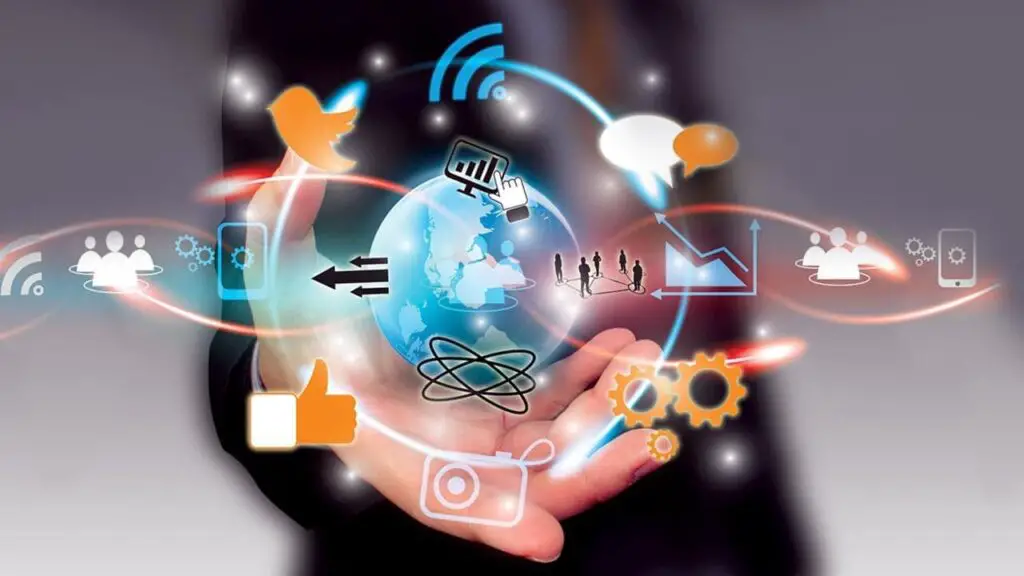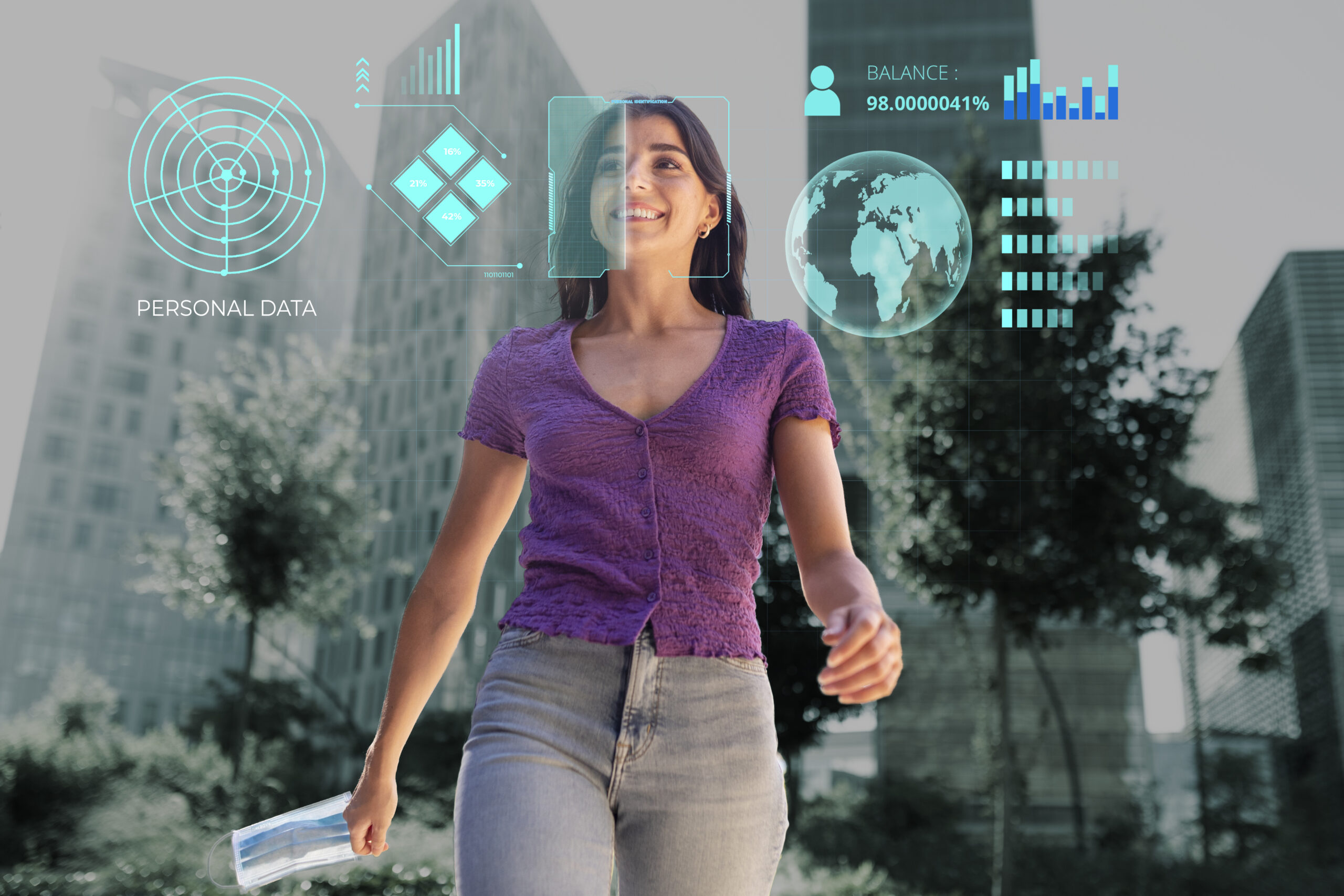Artificial intelligence (AI) has evolved from a distant science fiction concept into a transformative force reshaping our everyday experiences. From the personal convenience of virtual assistants to groundbreaking advancements in healthcare, AI is making significant inroads into various facets of daily life. This blog post explores how AI is seamlessly integrated into our routines, enhancing productivity, convenience, and overall quality of life. Join us as we delve into the remarkable ways AI is revolutionizing our daily tasks and discover how you can harness its potential for a more streamlined, efficient existence.
Understanding the Impact of Artificial Intelligence on Daily Activities
In recent years, the integration of artificial intelligence into our daily lives has become increasingly evident. Once relegated to the realms of science fiction, AI is now a tangible reality, significantly altering how we manage everyday tasks. This transformation is evident in various domains, from personal assistants to entertainment and beyond.
AI-powered personal assistants such as Siri, Alexa, and Google Assistant have become indispensable tools for many people. These assistants use natural language processing and machine learning algorithms to understand and respond to user commands, whether it’s setting reminders, providing recommendations, or controlling smart home devices. This seamless interaction not only simplifies daily routines but also enhances productivity by automating mundane tasks.
In the realm of entertainment and media consumption, AI has also made its mark. Streaming platforms like Netflix and Spotify leverage AI algorithms to analyze user preferences and deliver personalized recommendations. This technology helps users discover new content aligned with their tastes, while social media platforms use AI to curate news feeds and highlight relevant content. These innovations streamline media engagement, saving time and enhancing the overall user experience.
Beyond personal convenience, AI is revolutionizing several key industries. In healthcare, AI algorithms assist in disease diagnosis, drug development, and personalized patient care. Financial sectors benefit from AI’s ability to analyze extensive data, enabling accurate predictions and informed investment decisions. Furthermore, the advent of self-driving cars, powered by AI technologies, represents a significant leap in transportation, promising enhanced safety and efficiency on our roads.
Enhancing Efficiency: AI Integration in Everyday Tasks
The integration of AI into daily routines has profoundly impacted efficiency and convenience. One of the most notable areas of AI application is in home automation. Voice assistants such as Amazon’s Alexa and Google Assistant are increasingly popular, allowing users to control smart devices, schedule appointments, and manage household tasks through voice commands. This level of automation not only simplifies daily activities but also saves valuable time and energy.
In the workplace, AI technology is streamlining processes and boosting productivity. For example, chatbots now handle customer inquiries, reducing the need for human intervention. AI-powered algorithms analyze large datasets to provide valuable insights, facilitating informed decision-making. These advancements enable workers to focus on more complex, creative tasks, driving innovation and efficiency.

AI’s impact extends to healthcare as well. Machine learning algorithms are used to analyze medical images, aiding in accurate diagnoses. AI-powered wearables continuously monitor patient vitals, alerting healthcare providers to potential issues. These applications of AI enhance patient care and streamline medical procedures, ultimately improving health outcomes.
The Role of Artificial Intelligence in Simplifying Daily Chores
AI has revolutionized the way we approach daily chores, making them more efficient and manageable. Smart home technology, for example, includes connected devices like thermostats, light bulbs, and security systems equipped with AI-powered sensors. These devices allow remote control and monitoring, simplifying tasks such as adjusting the temperature or checking security status.
Virtual personal assistants are another example of AI simplifying daily responsibilities. These assistants manage schedules, handle basic tasks like grocery ordering, and even make reservations. AI’s ability to learn preferences and routines means these assistants can anticipate needs and act on our behalf, saving time and reducing effort.
AI has also made its way into everyday appliances such as washing machines, refrigerators, and robotic vacuum cleaners. These devices use machine learning to optimize performance based on usage patterns and provide timely reminders. By integrating AI into these household tasks, we can enjoy a more streamlined and hassle-free daily routine.

Leveraging AI Technology for Smarter Daily Routines
AI technology is transforming our routines, making them smarter and more efficient. Voice-activated virtual assistants like Siri, Alexa, and Google Assistant have become central to managing daily tasks, from scheduling appointments to controlling smart home devices.
Smart appliances are also enhancing daily life. Refrigerators equipped with AI can automatically reorder groceries, while washing machines adjust cycles based on fabric type. AI algorithms integrated into fitness trackers and health apps provide real-time guidance and recommendations, promoting overall well-being.
In the workplace, AI-powered project management tools automate repetitive tasks and organize schedules. Chatbots are revolutionizing customer service by providing instant responses and resolving issues without human intervention. These applications of AI allow individuals and businesses to operate more efficiently and effectively.
Exploring the Benefits of AI Integration in Daily Life
The integration of AI into daily tasks offers numerous benefits, from automation and increased productivity to personalization. Virtual assistants streamline tasks such as managing emails and scheduling appointments, reducing mental load and saving time.
AI’s ability to analyze data provides valuable insights, improving decision-making in areas such as financial planning and supply chain operations. Personalized experiences, driven by machine learning algorithms, enhance user engagement on streaming platforms and e-commerce sites by offering tailored recommendations.
In healthcare, AI assists in diagnosing conditions, planning treatments, and discovering new drugs. By analyzing medical data, AI improves patient outcomes and optimizes healthcare processes, making it a valuable tool in modern medicine.

From Cooking to Commuting: AI’s Influence on Daily Tasks
AI is significantly influencing various daily activities, from cooking to commuting. Smart kitchen appliances equipped with AI simplify meal preparation by adjusting cooking times and temperatures. AI can also recommend recipes based on personal preferences and available ingredients.
In transportation, AI-driven navigation systems analyze traffic data to provide optimized routes, while ride-sharing platforms offer convenient booking and tracking. Self-driving cars, powered by AI, promise a future of autonomous, efficient commuting.
AI’s impact extends beyond cooking and commuting. Virtual assistants, healthcare applications, and financial services all benefit from AI’s ability to streamline tasks and improve efficiency. By integrating AI into these aspects of life, we can enjoy greater convenience and productivity.

Practical Applications of Artificial Intelligence in Day-to-Day Activities
AI’s practical applications are transforming various sectors, enhancing convenience and efficiency. Virtual assistants help manage daily tasks, from scheduling to controlling smart devices. Recommendation systems on streaming and e-commerce platforms provide personalized suggestions, saving time and enhancing user experiences.
In healthcare, AI aids in diagnostics and treatment planning, improving patient care. AI algorithms also support financial decision-making by analyzing market trends and providing investment advice. These practical applications illustrate AI’s role in making daily activities more efficient and tailored to individual needs.
How AI is Streamlining Mundane Tasks for a More Productive Day
AI has revolutionized mundane tasks, increasing productivity and efficiency. Automated email sorting, calendar management, and smart home controls streamline daily routines, freeing up time for more meaningful activities.
AI-powered systems also assist in grocery shopping and home management, simplifying tasks with voice commands and automated reminders. In the workplace, AI enhances collaboration and communication, transforming customer service and data analysis.
By integrating AI into daily routines, we can optimize time and resources, leading to a more productive and fulfilling day. Embracing AI technology enables us to focus on what truly matters while AI handles repetitive tasks.

Embracing the Future: Unlocking the Potential of AI in Everyday Life
Artificial intelligence is not just a futuristic concept—it is already impacting our daily lives in profound ways. From personalization and automation to advancements in healthcare, AI is transforming how we live and work.
As technology continues to advance, AI’s integration into daily routines will only increase. Embracing AI means harnessing its power to enhance efficiency, convenience, and overall quality of life. By unlocking the potential of AI, we can look forward to a future where technology seamlessly integrates into our lives, making our daily experiences more enriching and manageable.



